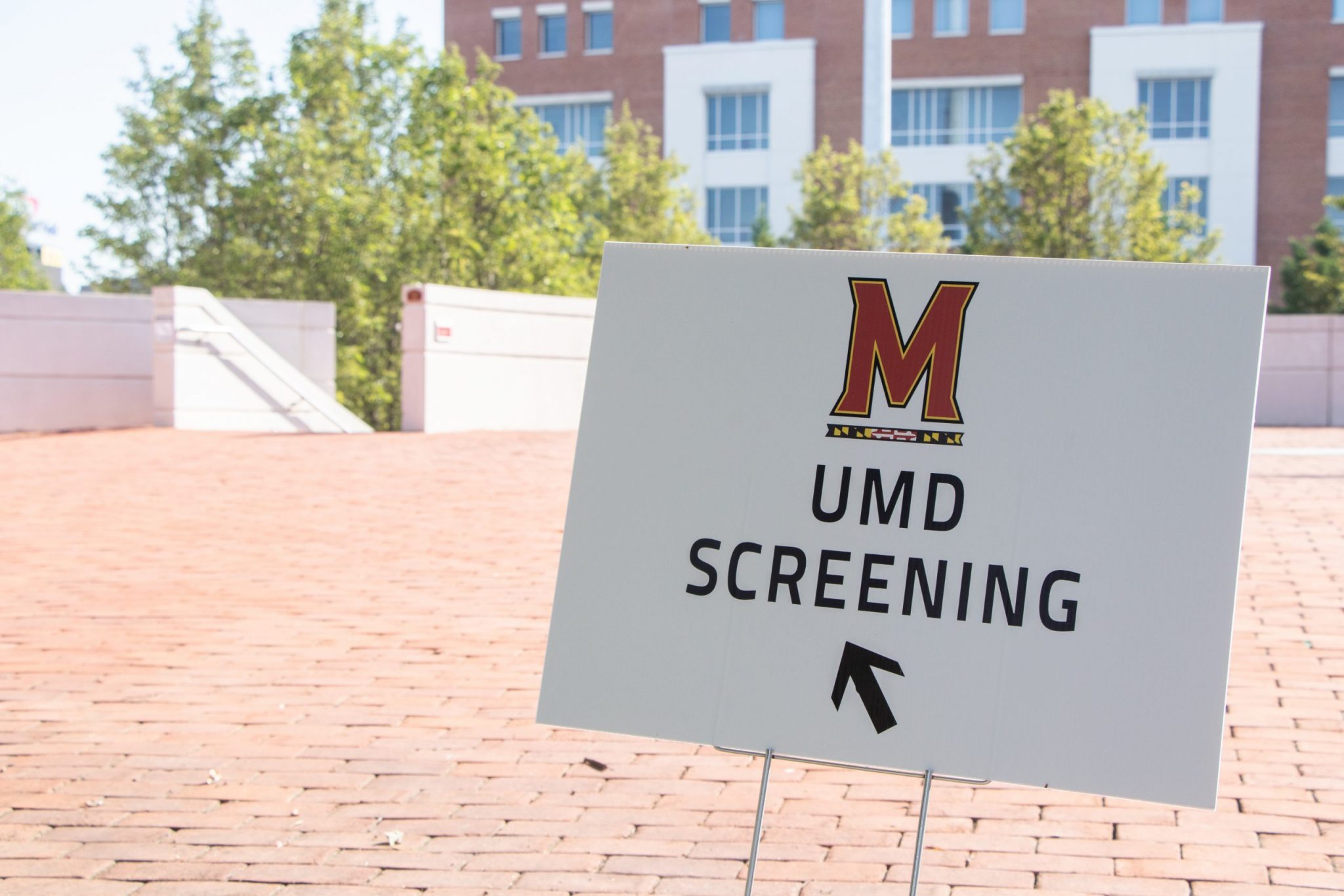The University of Maryland will hold its next major round of COVID-19 testing at Maryland Stadium starting Sept. 15. Testing will be mandatory for many groups and will be by advance appointment only.
Testing is required for all students living on the campus or in the College Park area, students commuting to campus for in-person classes or activities, and all faculty, staff and affiliates who will be physically present on the campus or any other university-controlled space on or after Sept. 14, according to a campuswide email Friday from Sacared Bodison, interim director of the University Health Center.
[Maryland athletics pauses workouts after 46 positive COVID-19 tests]
Those who have tested positive for COVID-19 within the past three months should not be tested again during this testing event, Bodison wrote, and those returning to the campus after Oct. 15 should instead be tested after that date at a weekly campus testing event.
Testing will be held Sept. 15-18, Sept. 22-24, Sept. 29 and Oct. 1 from 8:30 a.m. to 3:30 p.m. There will be no drop-in testing, so community members should register in advance.
After Oct. 1, further testing will be available once a week for the remainder of the semester, Bodison wrote. More specific information on weekly testing will be made available “shortly,” she wrote.
[Several UMD students living in Cumberland Hall moved to quarantine housing]
The university also announced new ways technology will be used to track the spread of COVID-19 on the campus, Jeff Hollingsworth, the university’s chief information officer and vice president of information technology, announced in another campuswide email Friday.
Now, community members can voluntarily register the information of up to five other community members they frequently interact with, Hollingsworth wrote, in an effort to aid early contact identification. Community members also have access to a personalized dashboard that tracks whether they have met the requirements to return to the campus. Students will now also receive daily email reminders to complete their mandatory symptom checklist, Hollingsworth wrote.



